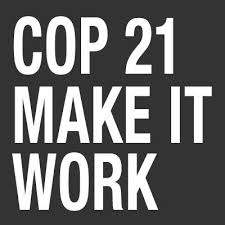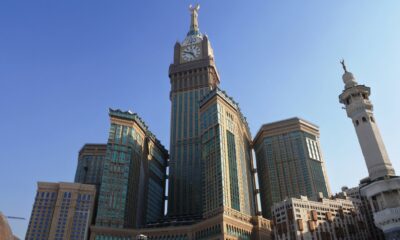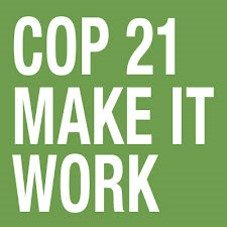

Energy
The paradox of Saudi Arabia’s climate plans
The Saudi Arabian response to a strong Paris Agreement that reduced C02 emissions would be, paradoxically, to weaken its own climate commitments, according to the Climate Action Tracker.
Saudi Arabia’s climate plans (Intended Nationally Determined Contribution, or INDC), submitted to the UN earlier this month, state that if the consequences of the Paris agreement were to create an “abnormal burden” on its economy, then the largest oil exporter in the world will weaken its climate commitment between 2016 and 2020.
The CAT has rated Saudi Arabia’s efforts “inadequate” – it would need to quadruple its climate efforts to even enter the “medium” range, which would still be less than its fair share in holding temperature rise below 2degC.
The Saudi government plan to reduce emissions annually by up to 130 MtCO2e in 2030 provided there is a “a robust contribution from oil export revenues to the national economy”. In a “high export” scenario, Saudi emissions would increase by around 158% above 2010 levels by 2030, or 680% above 1990 levels.
In response to low oil prices, the Saudi government has delayed its plan to diversify the country’s energy mix 54GW of renewable energy and 17GW of nuclear energy – this will now happen by 2040, eight years after the original date of 2032.
The delay also may be linked to the country’s desire to build its own renewable manufacturing business in line with its diversification strategy. Overall, the CAT estimates this delay leads cumulatively to an additional 1GtCO2e emitted between 2017 and 2030.
Yet the Saudi government still has no policies in place to begin – or encourage – this shift to renewable energy.
The Saudi climate plans are highly inconsistent with the projected climate impacts for the region, an area where average warming is higher than the global average. In a 3-4degC world, three quarters of the country will suffer from excessive dryness by the end of the century.
“The Saudi Arabian government acknowledges its significant vulnerability to climate change, yet this isn’t reflected in its climate plans,” said Prof Kornelis Blok of Ecofys. “For the benefit of its own people, Saudi Arabia should move faster to an economy not reliant on downstream CO2 emissions, while making a greater effort to fight climate change at home,” he said.
“There is an extraordinary irony – and risk – in the Saudis delaying their plans to shift to renewables because of low oil prices, when their own oil production has driven those prices down. It may be far safer for Saudia Arabia to adopt a strategy that seizes the low carbon future and accelerate renewable deployment as fast as possible,” said Bill Hare of Climate Analytics.
“Saudi Arabia is projected to move from being the tenth highest greenhouse gas emitter in 2012 to sixth place in 2030, and could become a net importer of oil by 2038. This is hardly a commitment to tackling climate change,” said Prof Niklas Höhne of NewClimate Institute.


 Environment12 months ago
Environment12 months agoAre Polymer Banknotes: an Eco-Friendly Trend or a Groundswell?

 Features11 months ago
Features11 months agoEco-Friendly Cryptocurrencies: Sustainable Investment Choices

 Features12 months ago
Features12 months agoEco-Friendly Crypto Traders Must Find the Right Exchange

 Energy11 months ago
Energy11 months agoThe Growing Role of Solar Panels in Ireland’s Energy Future




























